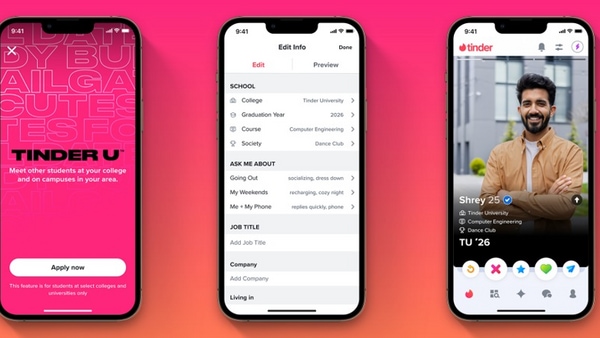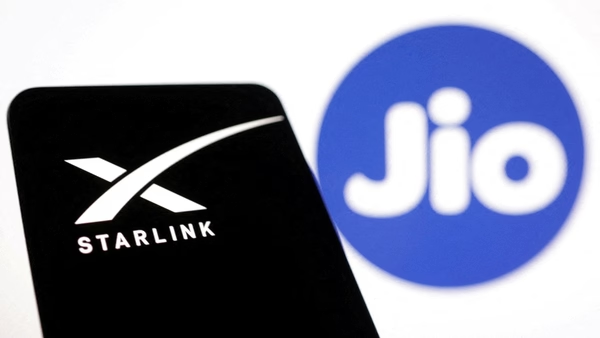
Amazon taking strict measures, cracking down on coffee badging to enforce return-to-office policy
8 months ago | 75 Views
Amazon has introduced stricter measures to track the hours corporate employees spend in the office, aiming to address the practice of "coffee badging." This term refers to employees who briefly visit the office, often just to grab a coffee, to meet the company's return-to-office (RTO) requirements without genuinely working there. The new rule mandates that employees in various departments, such as retail and cloud computing, must now spend a minimum of two hours per office visit, with some teams required to stay for at least six hours.
Understanding Coffee Badging
"Coffee badging" has become a workaround for employees to technically comply with Amazon's RTO policies without fulfilling the intended purpose of being physically present and engaged in office work. Amazon's updated enforcement strategy targets this behaviour, reinforcing its policy introduced last year that requires most corporate employees to be in the office three days a week. By setting a minimum duration for office visits, Amazon hopes to ensure that employees are actually working from the office, rather than merely making brief appearances.
Resistance from employees and Amazon's response
The stricter enforcement comes as Amazon faces significant pushback from its workforce. Following the announcement of the return-to-office policy last year, around 30,000 employees signed a petition against it. In response to this resistance, Amazon has taken several measures to ensure compliance. These include mandatory relocations for certain employees, withholding promotions from those who do not adhere to the policy, and even suggesting that employees who disagree with the policy might consider leaving the company.
Amazon spokesperson Margaret Callahan told Business Insider via email that the company will "address directly those employees who have not spent sufficient time in the office," signalling a firm stance on the issue.
Wider Implications
Amazon is not alone in dealing with this challenge. A survey by videoconferencing firm Owl Labs found that 58% of hybrid workers admitted to engaging in coffee badging. Additionally, research by WFH Research indicated that managers are increasingly strict about RTO policies, with 23% of managers reporting that employees who resisted these policies faced termination, up from 11% in 2022.
Amazon's initiative reflects a broader trend among companies striving to balance remote work flexibility with the need for in-office collaboration. As businesses navigate the evolving landscape of work, the enforcement of RTO policies remains a contentious issue.
#




















